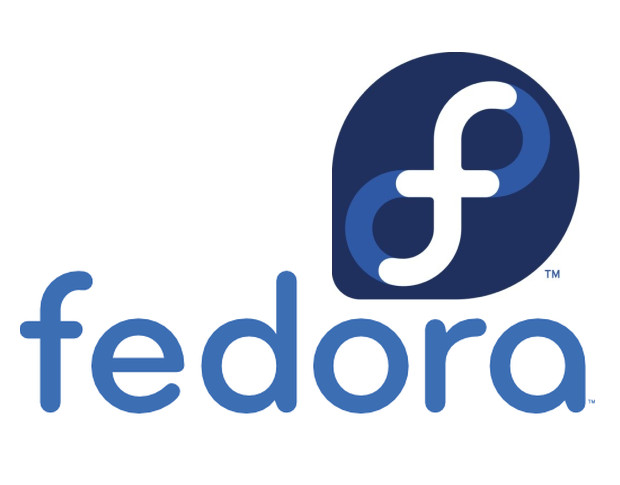AI Cost Planning: Expert Advice for Maximizing ROI on Development
Effective AI cost planning is important to ensure agencies maximize their go back on investment (ROI) even as staying competitive in today’s virtual landscape.

In the rapidly evolving global artificial intelligence (AI), agencies are increasingly recognizing the transformative capability of this technology. However, one critical element that frequently shapes decision-making is the AI price associated with development and implementation. Effective AI cost planning is important to ensure agencies maximize their go back on investment (ROI) even as staying competitive in today’s virtual landscape.
Understanding AI Development Cost
The AI development cost varies extensively depending on the assignment’s scope, complexity, and the information required. Factors which include the sort of AI solutions (e.G., chatbots, predictive analytics, computer imaginative and prescient), the quantity of information to be processed, and the level of customization directly affect the general charges. Additionally, cost can also grow if advanced technology like natural language processing (NLP) or deep learning models are involved.
AI pricing may be widely labeled into 3 segments:
-
Pre-Development Costs: These encompass research, feasibility studies, and strategy components to identify the great technique for enforcing AI solutions.
-
Development Costs: Expenses incurred throughout the real design, coding, trying out, and deployment of the AI system.
-
Post-Deployment Costs: Maintenance, updates, and scaling the solution to satisfy evolving business necessities.
By breaking down the AI development cost into those components, companies can better allocate sources and prepare for quick-term and long-term investments.
Factors Influencing AI Prices
- Project Scope and Goals: A simple chatbot with constrained functionalities will value considerably less than a complicated AI-powered recommendation engine. Clearly defining the scope and targets helps in estimating accurate AI expenses.
- Technology Stack: The desire of frameworks, tools, and systems impacts the AI development cost. Open-source tools may additionally reduce charges, however custom improvement or proprietary software programs can force up cost.
- Data Requirements: The top-rate and quantity of statistics required for schooling AI models have an effect on fees. Data cleansing, annotation, and integration may be time-extensive and costly, especially for industries managing massive datasets.
- Expertise Required: Engaging a team of experienced AI developers, information scientists, and system getting to know engineers often comes at a top class. Hiring pinnacle-tier expertise guarantees incredible outcomes however can considerably grow AI prices.
- Infrastructure Needs: On-premise solutions might also require full-size funding in hardware, whereas cloud-based totally AI offerings can offer scalability at a variable cost.
- Regulatory Compliance: Industries like healthcare and finance may also need extra resources to make certain compliance with facts, privacy and safety guidelines, further impacting the AI development cost.
Best Practices for AI Cost Planning
To maximize ROI on AI investments, organizations need to adopt strategic AI cost making plans practices. Here are a few expert guidelines:
1. Start Small with a Pilot Project
Launching a pilot assignment before full-scale implementation allows businesses to validate the feasibility and advantages of an AI answer. This method minimizes dangers, allows refine necessities, and provides valuable insights into AI fees for large deployments.
2. Leverage Pre-Built Models and Tools
Using pre-skilled AI models or current frameworks can extensively lessen the AI development cost. Platforms like TensorFlow, PyTorch, and OpenAI offer robust tools that dispose of the want to construct answers from scratch.
3. Opt for Scalable Cloud Solutions
Cloud-based AI services, together with AWS AI, Google Cloud AI, and Microsoft Azure AI, provide flexible pricing models. These platforms allow corporations to pay for the most effective sources they use, optimizing AI cost without compromising scalability.
4. Focus on Data Efficiency
Efficient data management reduces the want for sizable facts preprocessing and annotation. Investing in first rate records on the outset can decrease long-time period AI costs related to retaining and retraining fashions.
5. Partner with an Experienced AI Development Team
Collaborating with skilled and professional improvement companies guarantees that the mission remains on course, warding off highly-priced delays and remodel. Experienced teams can also offer correct cost estimates and obvious breakdowns of AI development cost.
Maximizing ROI on AI Investments
The closing goal of any AI initiative is to deliver measurable value. By cautiously planning AI value, businesses can achieve an excessive ROI while minimizing pointless expenses. Some strategies for maximizing returns include:
- Automating High-Impact Processes: Prioritize AI tasks that address important pain factors or streamline exertions-intensive obligations.
- Continuous Monitoring and Optimization: Regularly evaluate the overall performance of AI models to ensure they deliver premier consequences and alter them as needed.
- Investing in Employee Training: Empowering teams to effectively use AI tools can enhance productivity and reduce reliance on external assistance, reducing long-term AI cost.
- Scaling Strategically: Start with a small deployment and amplify steadily as the solution proves its price, spreading AI development cost over time.
The Future of AI Cost Planning
As AI technologies continue to develop, the related expenses are getting extra predictable and on hand for agencies of all sizes. Innovations in automation, pre-skilled models, and no-code systems are reducing obstacles to entry, making AI solutions greater and less costly. However, businesses should remain vigilant, ensuring that their AI cost planning aligns with both present day needs and future goals.
By running with experienced professionals and leveraging well practices, companies can navigate the complexities of AI development cost effectively. With the right approach, AI can grow to be a powerful tool for driving innovation, performance, and increase, imparting unrivaled cost in these days’s competitive marketplace.
What's Your Reaction?





















.jpg)
.jpg)